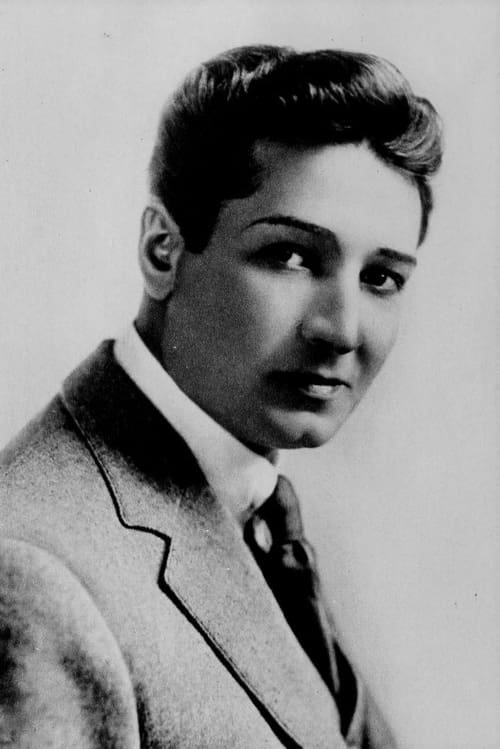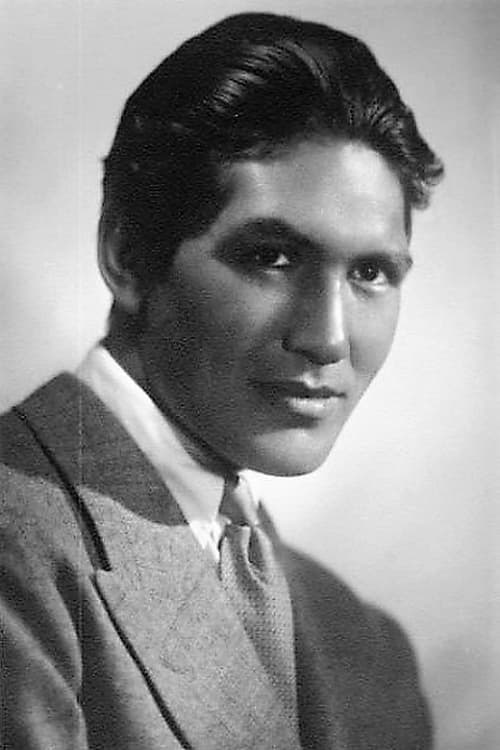
Cast & Crew
6 members
Acting
Gayne Whitman
Narrator (voice)

Acting
Mala
The Young Hunter

Acting
Kyatuk
The Girl
No Image
Acting
Toyuk
Kyatuk's Brother
No Image
Acting
Lanak
Kyatuk's Father
No Image
Acting
Nahshook
The Medicine Man
No Image

Narrator (voice)

The Young Hunter

The Girl
Kyatuk's Brother
Kyatuk's Father
The Medicine Man